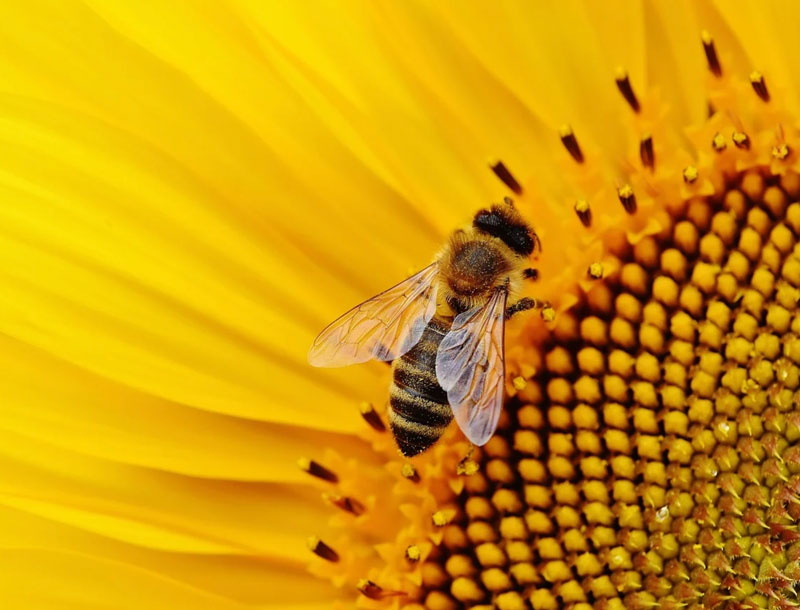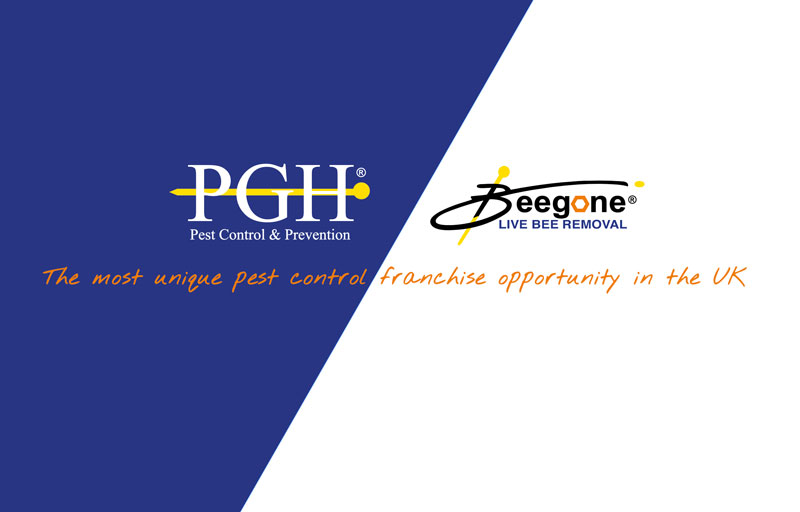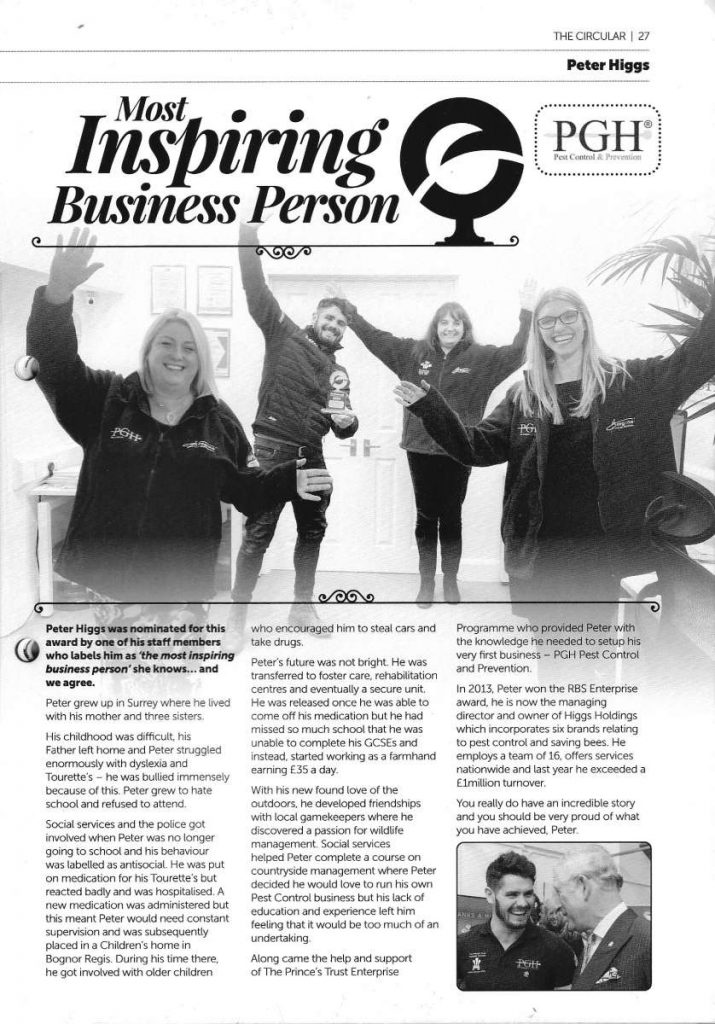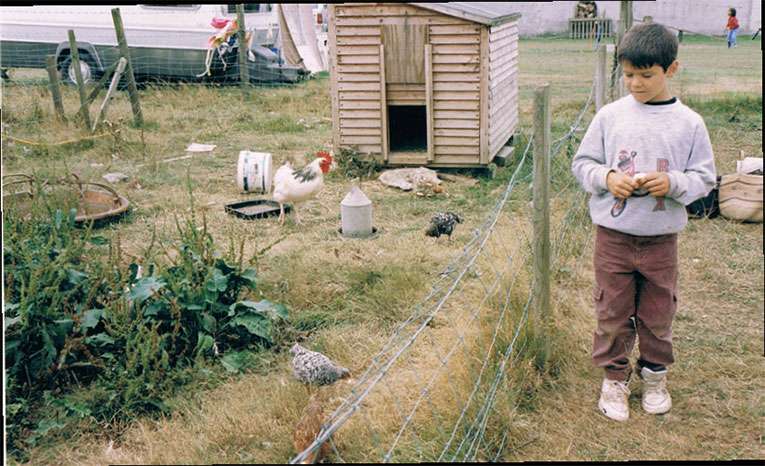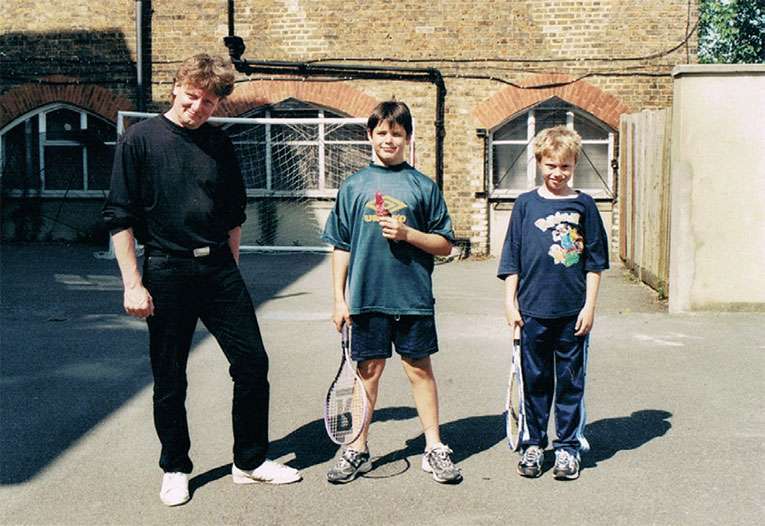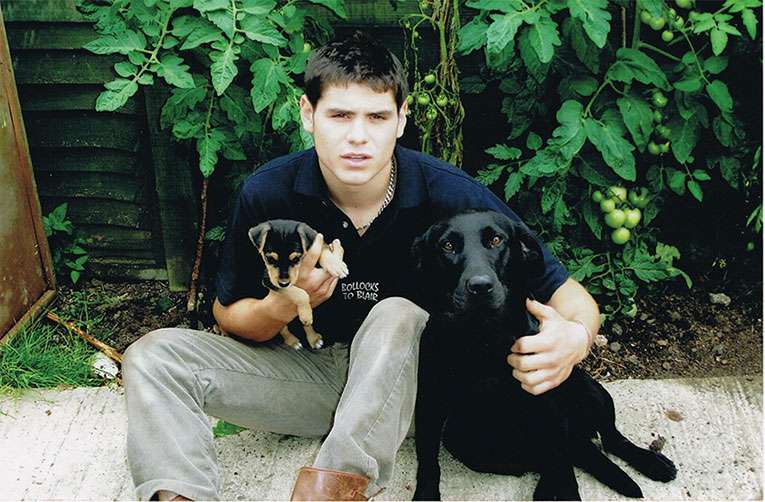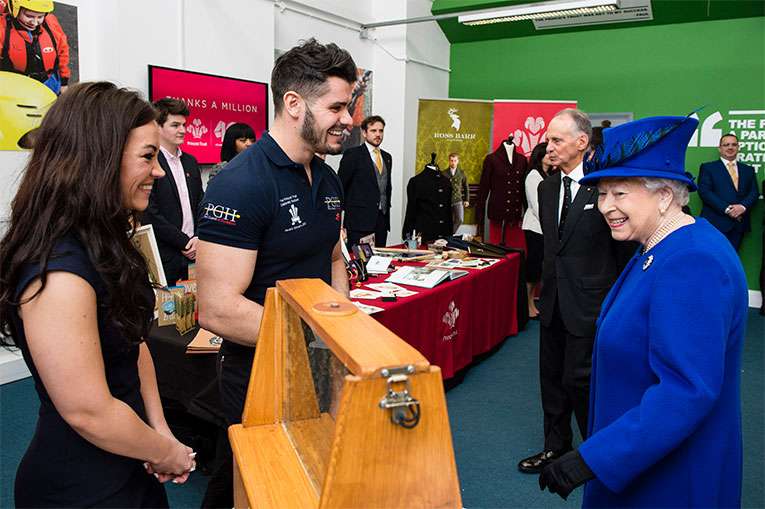Court in the Swarm
Beegone.co.uk sheds light on the Alcaraz-Zverev tennis match bee invasion
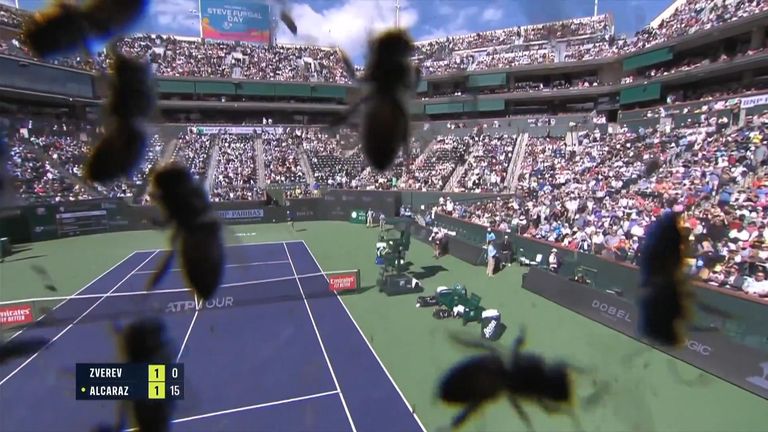
Image courtesy of Sky News
The recent tennis match suspension between Carlos Alcaraz and Alexander Zverev due to a bee invasion has captured the public’s attention far beyond the sports world, turning into a buzzing topic of environmental and educational significance. The incident which occurred in Indian Wells, California, has brought to light the general public’s lack of knowledge about bee behaviour, particularly the nature of bee swarms. At Beegone.co.uk, as leaders in bee conservation and safe removal, we see this event as a prime opportunity to educate and advocate for a deeper understanding of bees and their crucial role in our ecosystem.
Understanding Bee Behavior
The unexpected descent of thousands of bees onto a tennis court, leading to the suspension of a high-profile match, may seem alarming at first. However, it’s a phenomenon that, with the right knowledge, can be addressed safely and effectively. Bees swarming is a natural and generally non-aggressive behaviour that occurs when a queen bee leaves the colony with a large group of worker bees in search of a new home. This behaviour is more common in spring, which could explain the timing of the invasion during the Alcaraz-Zverev match.
The public’s confusion during the event, including uncertainty about whether the insects were bees and what prompted their appearance, underscores a widespread need for education on bee behaviour. Many did not know that bees are not usually aggressive when they swarm, as their focus is on protecting the queen, not on attacking bystanders. This lack of knowledge can lead to panic and inappropriate reactions that may endanger both people and bees.
Beegone: Advocating for Education and Coexistence
At Beegone, we are dedicated to educating the public about the importance of bees to our environment and the best practices for coexisting with them. We believe knowledge is the key to reducing fear and fostering a harmonious relationship between humans and bees. By understanding bee behaviour, including why and how bees swarm, individuals can respond more calmly and constructively when encountering them.
Our expertise in safely removing and relocating bee swarms without harming them positions Beegone as a leading authority in this area. We advocate for informed, compassionate approaches to handling bee invasions, emphasising that such incidents, while rare, are opportunities for learning and growth.
How Beegone Can Help
In the wake of the bee invasion at the tennis match, Beegone is stepping up to offer, education, and services to sports venues, schools, businesses, and individuals on how to prepare for and safely address bee swarms. Our team of experts is equipped to provide assistance in live bee removal, ensuring the safety of all involved and the preservation of bee populations. Furthermore, we offer workshops and informational material online aimed at demystifying bees and their behaviours, empowering communities to protect these vital pollinators.
The bee invasion during the Alcaraz-Zverev tennis match is more than just a momentary disruption; it’s a wake-up call highlighting the need for greater awareness and understanding of our natural world. As we move forward, Beegone is committed to leading the charge in educating the public about bees, advocating for their protection, and providing expert services to ensure that humans and bees can coexist peacefully and productively. Together, we can turn moments of confusion and fear into opportunities for learning, growth, and environmental stewardship.
